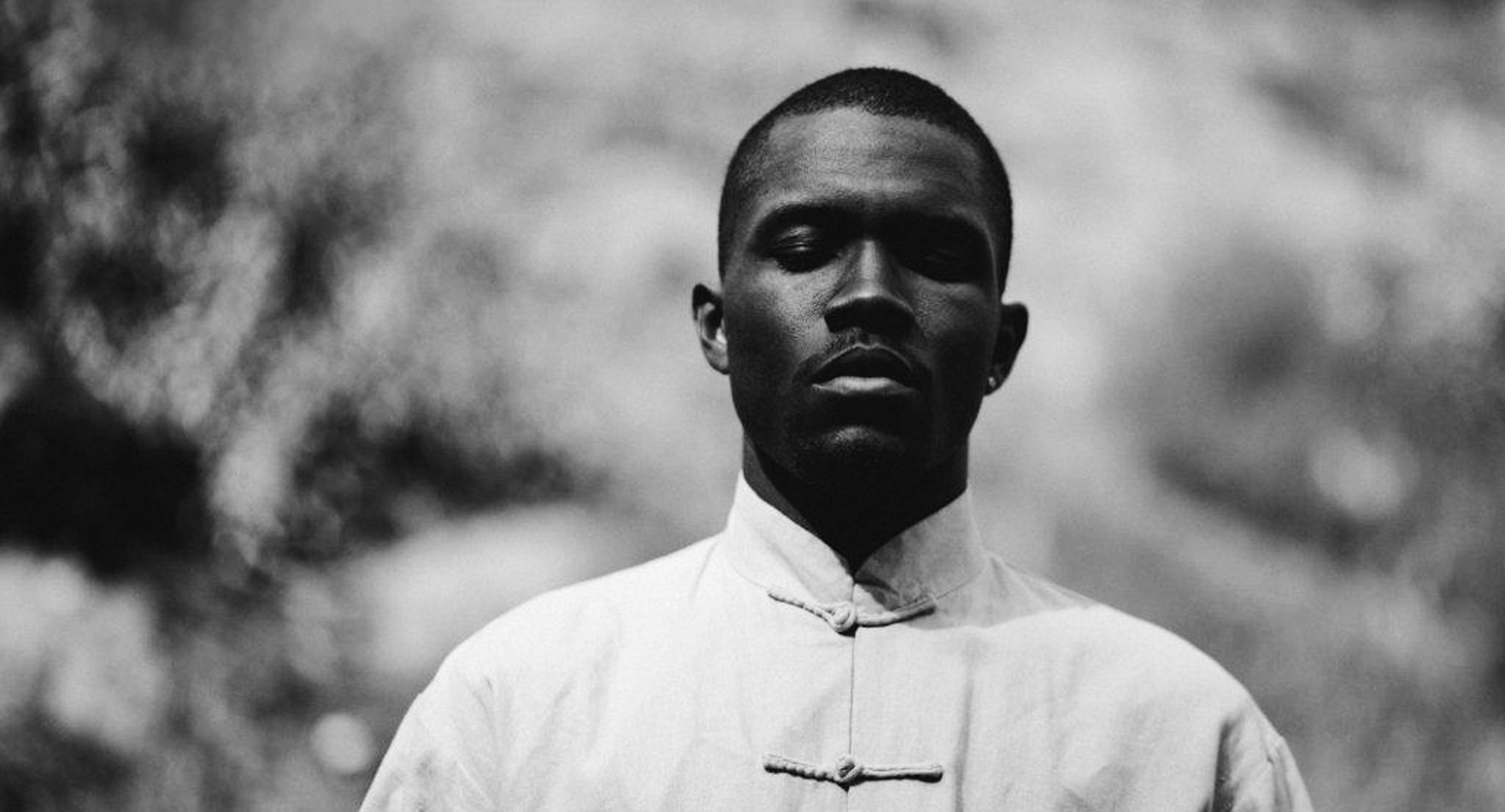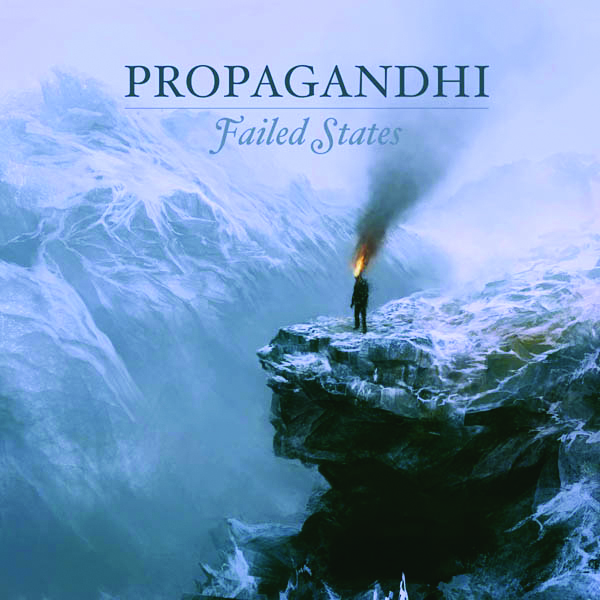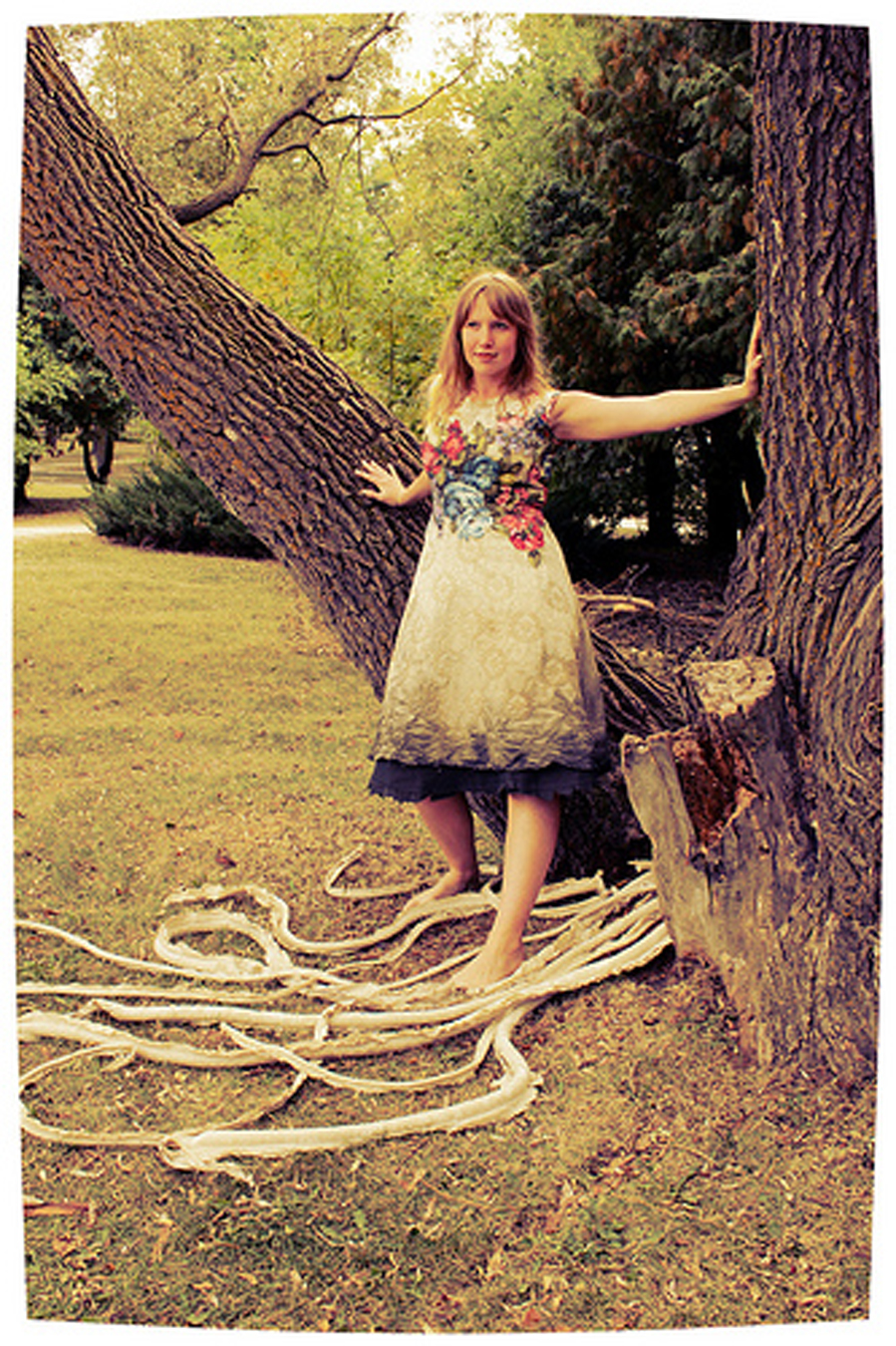Ally Gonzalo brings boldness and beauty in Bakla!, his latest portrait series.
Gonzalo is now a Winnipeg-based professional photographer, but he got his start back in the Philippines.
While on a field trip during his fourth year of university in the Philippines, Gonzalo stumbled into the role of an amateur photographer.
“My friends lent me their camera and I was being my trigger-happy self, took so, so many photos,” he said.
He was then told he had an eye for photography and began to pursue it after graduation.
Gonzalo came to Winnipeg about three years ago to pursue photography professionally and graduated from PrairieView School of Photography in 2017.
According to Gonzalo, coming to a western country paradoxically allowed him to embrace his own identity through introspection, while also having to deal with new realities of racism in Canada.
“My first year here in Winnipeg, I tried so hard to take photos like a white photographer, and by that I mean the high-piece photographers who would climb buildings and shoot down from the rooftop, or shoot nice cars […] or photograph traditionally attractive people and call it ‘art,’” he said.
“I have grown so much from that.”
Gonzalo’s portrait series entitled Bakla! premiered Sept. 13 in collaboration with CBC Arts.
“Bakla” is a Filipino term dating back to pre-Spanish colonization. It is often perceived as a term for gay Filipino men, but in reality also reflects those assigned male at birth who identify as gay, trans, non-binary and others across the LGBTTQ* spectrum.
Bakla people are often stereotyped as being effeminate or flamboyant gay men.
Gonzalo frames his subjects in stark monochrome portraits with a white background to keep the focus on a larger than life representation of bakla without the constraints of stereotypes or intruding distractions.
Gonzalo hopes Bakla! will positively uplift the bakla community in Winnipeg.
He said he would like to expand the project — which currently includes 17 local subjects — across Canada, North America and perhaps the entire Filipino diaspora.
Winnipeg has a famously large Filipino community, but according to Gonzalo there “is not enough visibility of the bakla.”
“We still are tokenized,” he said.
“Our identities are only seen as caricatures […] I am tired of us always being in the margins, we need to be at the forefront and for the right reasons.”
Gonzalo made large prints to make a point about taking up the space that bakla are often denied.
“The way I did the photography is I tried to show dominance, assert power of the bakla through photographs,” he said.
He showcased different members of the bakla community, including nurses, athletes and artists.
“I wanted to show the diverse identities that we have,” he said.
Gonzalo’s overall goal with photography is to increase visibility for people who sometimes feel invisible.
“In a way, my photography is a protest,” he said.
“If you think fat people are ugly, no, fuck you, they’re beautiful. Your ideas of what people should look like is a byproduct of capitalism’s convoluted and fucked up ways of engraining stupid beauty standards, which are in essence Eurocentric.”
Ally Gonzalo’s works can be found on Instagram @jhapes and at allygonzalo.com along with contact information for commissions. A documentary with CBC on Gonzalo’s Bakla! project will be released Oct. 2.





